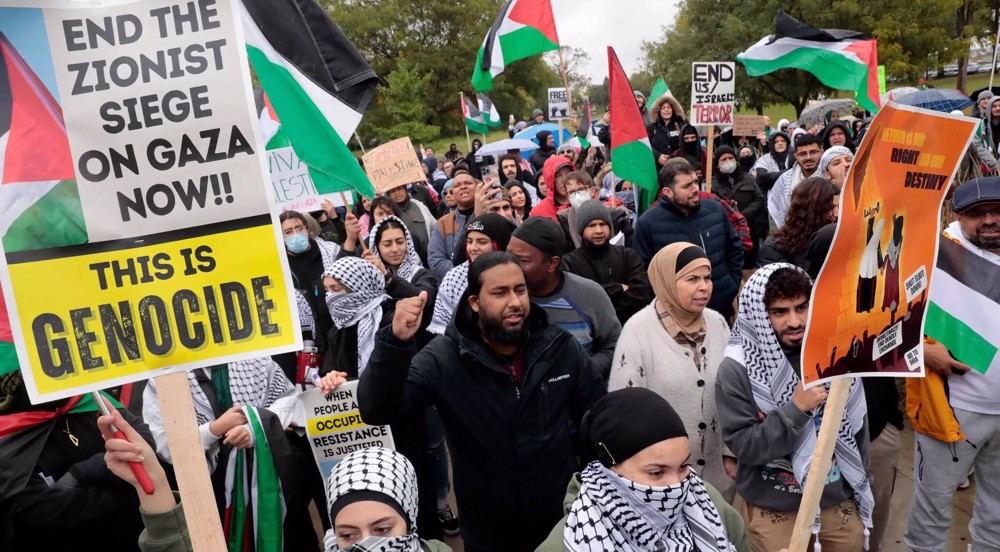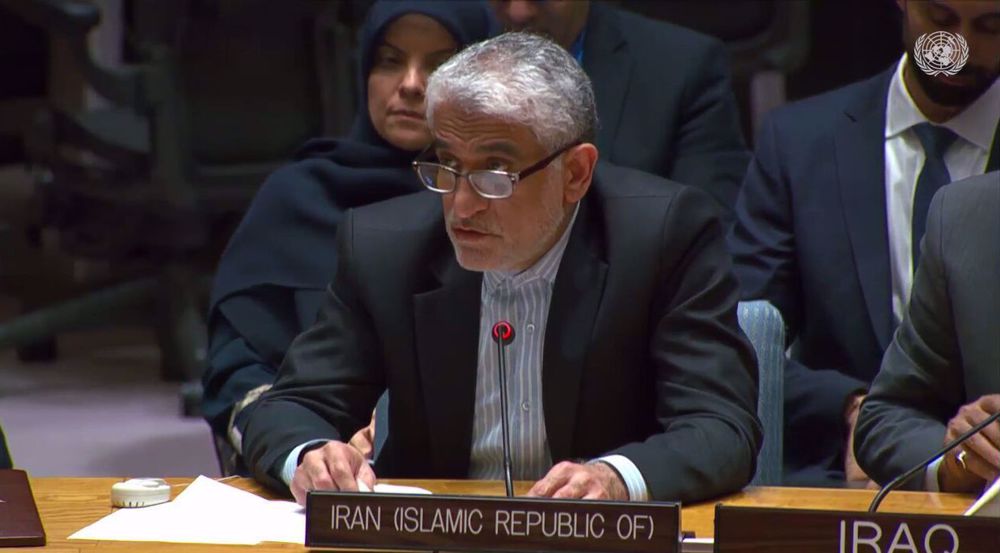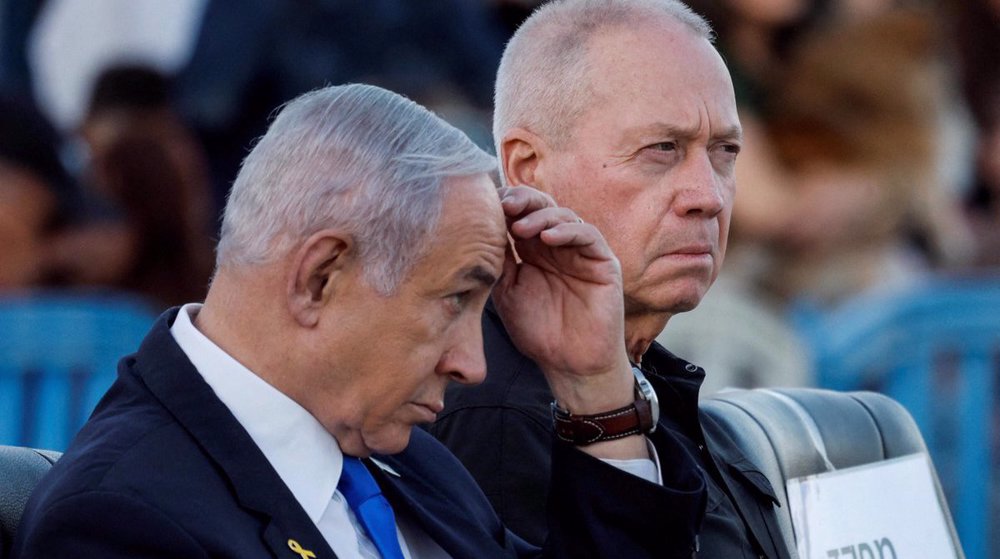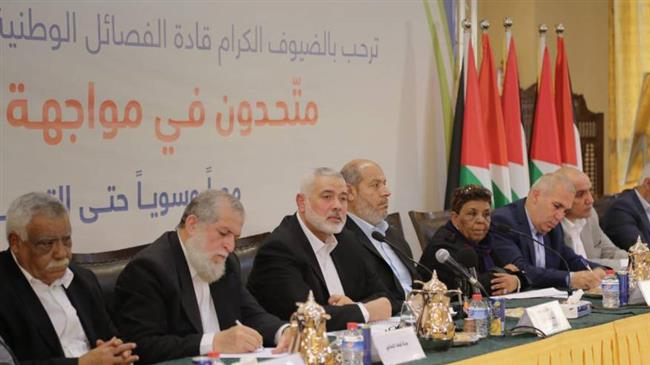Trump Mideast envoy: 'Deal of century' not out before June 10
The United States Middle East Envoy Jason Greenblatt says President Donald Trump’s announcement of the controversial proposal for peace between the Israelis and Palestinians, dubbed “Deal of the Century,” has been postponed by at least a week over a host of issues.
Greenblatt told Fox News television news network in an interview published on Saturday that the deal would not be unveiled until at least after the end of the holy Muslim fasting month of Ramadan, formation of a new Israeli administration and the Jewish holiday of Shavuot, known as the Feast of Weeks in English, which ends on the evening of June 10.
He emphasized that the so-called deal of the century has been worked out in a way that it would not endanger Israel, saying, “One thing we won’t do, the Trump administration won’t compromise on Israel’s security.”
Greenblatt then blasted the Palestinian leadership’s decision to dismiss the deal before even seeing it, claiming that he was “hopeful for the sake of the Palestinian people that they get a chance to see it.”
The Trump administration’s Middle East envoy added that it’s “false to say that it’s only an economic plan. It’s both political and economic. Once everyone has read and given their thoughts on it, there is still a long way to go before a final signing agreement, and that will be up to the parties themselves to negotiate.”
On May 7, Israeli Hebrew-language daily newspaper Israel Hayom, which is close to Israeli Prime Minister Benjamin Netanyahu, published a leaked document circulated by the Israeli Foreign Ministry, detailing the elements of the US back-channel peace plan. The plan is made up of the following main points:
A tripartite agreement will be signed between the Tel Aviv regime, the Ramallah-based Palestinian Authority (PA) as well as the Hamas resistance movement, which controls the besieged and impoverished Gaza Strip, and subsequently a Palestinian state will be established that will be called “New Palestine.”
"New Palestine" will be established in the occupied West Bank and Gaza, with the exception of Israeli settlements built on Palestinian land in the West Bank.
The settlement blocs in the occupied West Bank, which are illegal under international law and UN Security Council Resolution 2334, will remain under the Israeli regime’s control and will expand to reach out to other isolated settlements.
Moreover, the Israeli-occupied city of Jerusalem al-Quds will not be divided but is to be shared by Israel and “New Palestine,” with the Israeli regime maintaining general control.
The Arab population living in Jerusalem al-Quds will be citizens of New Palestine, but the Tel Aviv regime would remain in charge of the municipality and therefore the land.
The newly formed Palestinian state would pay taxes and water costs to the Jerusalem al-Quds municipality.
Trump’s “peace plan” has been dismissed by Palestinian authorities ahead of its unveiling at the end of the holy fasting month of Ramadan and the formation of the new Israeli cabinet, most likely in June.
Speaking in the occupied West Bank city of Ramallah on April 16, Palestinian Prime Minister Mohammad Shtayyeh lashed out at Trump’s initiative, asserting that it was “born dead.”
Shtayyeh noted that negotiations with the US were useless in the wake of the country’s relocation of its embassy from Tel Aviv to Jerusalem al-Quds, which Palestinians consider the capital city of their future state.
Basij volunteer forces hold massive drills in southwestern Iran
Israeli war criminals 'not welcome', US city says after ICC ruling
US vetoing of Gaza ceasefire resolution ‘disgraceful’: Iran’s UN envoy
VIDEO | IAEA adopts anti-Iran resolution tabled by E3
VIDEO | Iran's president urges Pope to help end Israel's onslaught in Gaza
Iran's senior legal official: ICC arrest warrant for Netanyahu ‘great victory'
Nov. 21: ‘Axis of Resistance’ operations against Israeli occupation
VIDEO | Israeli forces storm West Bank’s Jenin again, target civilians























 This makes it easy to access the Press TV website
This makes it easy to access the Press TV website